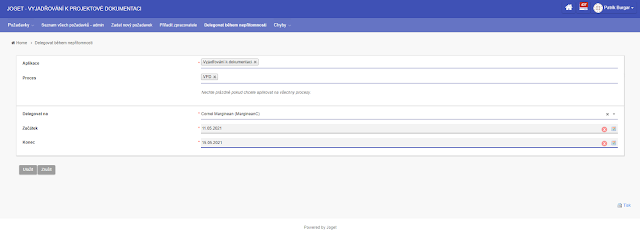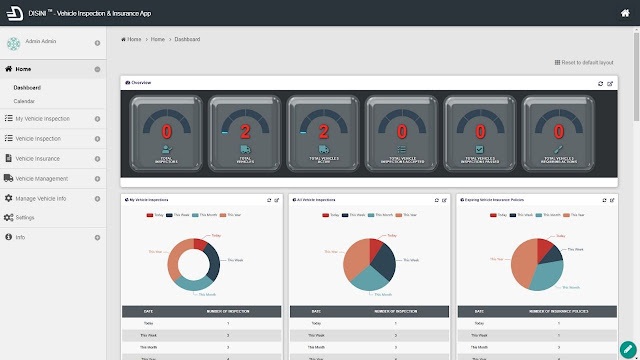A Process Unification Workflow on the Joget Low-Code Platform for Document Centralization
This is a guest post by Patrik Burgar, a Lean / Six Sigma certified business analyst/developer at Soitron. Soitron is a Central European integrator operating in the IT market since 1991 and is part of the Soitron Group which employs more than 800 international experts. The group brings together professional teams in Slovakia, the Czech Republic, Romania, Turkey, Bulgaria, Poland, and the UK.
The Client’s Requirements
Our client, a Czech energy company, requested us to create an application that they could use to approve incoming requests from various investors. Any development project to be implemented in the territory under the jurisdiction of our client is subject to their approval.
The client recognizes six types of requests, and each of them is approved in a different way. They have different workflows which require different documentation. Once a request is approved by relevant departments, the energy company produces a decision for every request. The application we were asked to develop was meant to be a repository for all these decisions.
The client also wanted us to transfer selected incoming mail records meeting certain conditions from another application to the newly developed application. The company received all the documents as hard copies, and they wanted to avoid the unnecessary rewriting of data from system to system.
It was requested that the new application needs to be flexible as the client wanted to be able to customize the workflow and add additional approval procedures, if deemed necessary, at some point in the approval process.
Why Joget?
The client originally requested that we use a solution from another vendor. However, after a thorough analysis of all the functionalities and the client’s requirements, it was clear that the requested option was not feasible. Since we are a Joget partner and we understand its functionality and flexibility, we designed the entire application on the Joget open source no-code/low-code platform.
Able to archive with filtering conditions (only for records with ended/finished process):
Dynamic form for creating a new request (display of fields and sections depends on the selection of the request type and the need to deliver additional documents):
Ability to delegate all task for certain time to another user:
Joget Form Builder in admin view:
The Benefits Obtained
- Unification of the process for assessing the documentation of external investors.
- Reduction in the number of applications used in the assessment of dossiers (Originally, approval was done via email and several other tools).
- Centralization of project-related documentation.
- Ability to track the status of documentation approval.
- Speed up and streamline the process.
- Ensuring compliance with the deadlines needed to assess the dossier.






Comments
Post a Comment